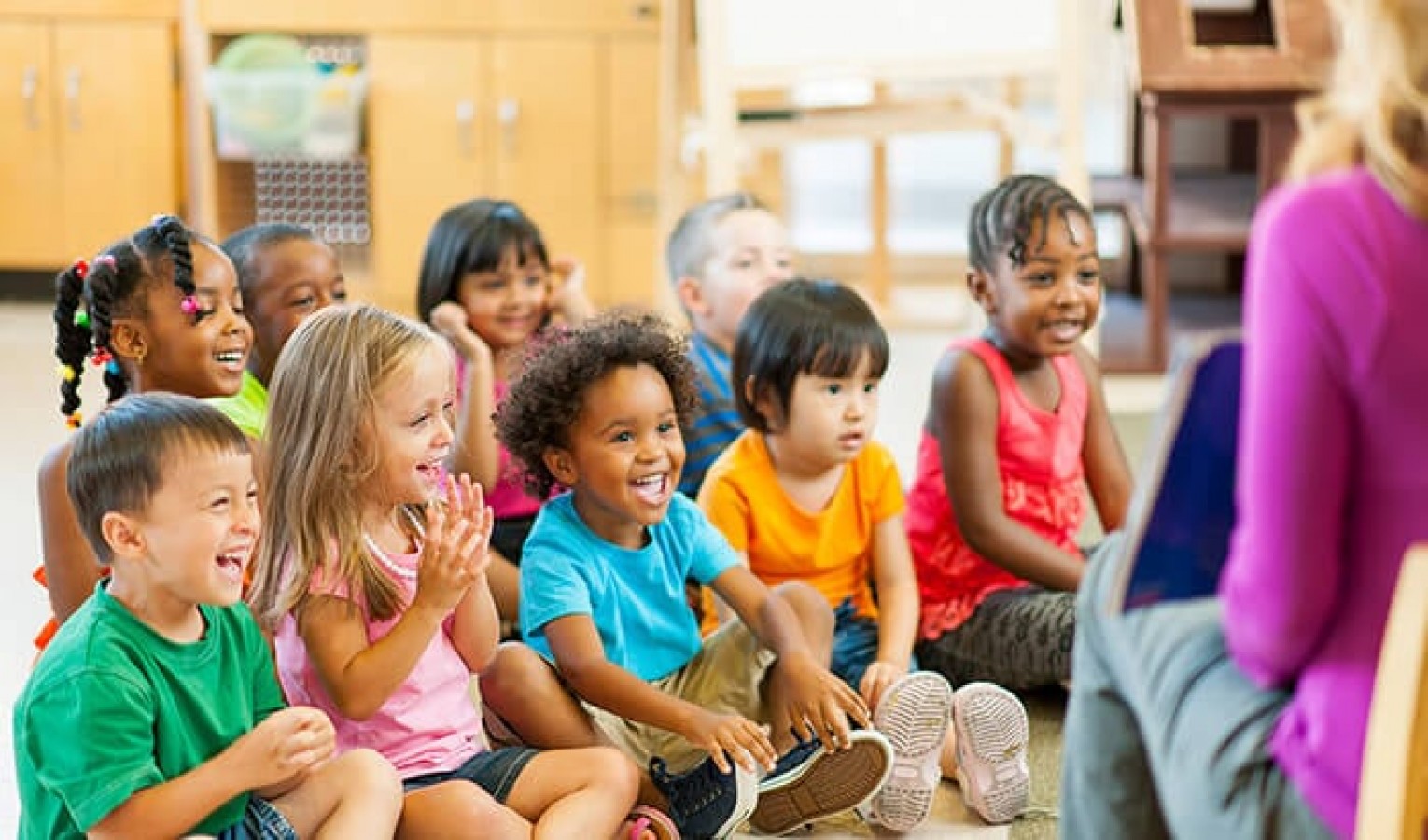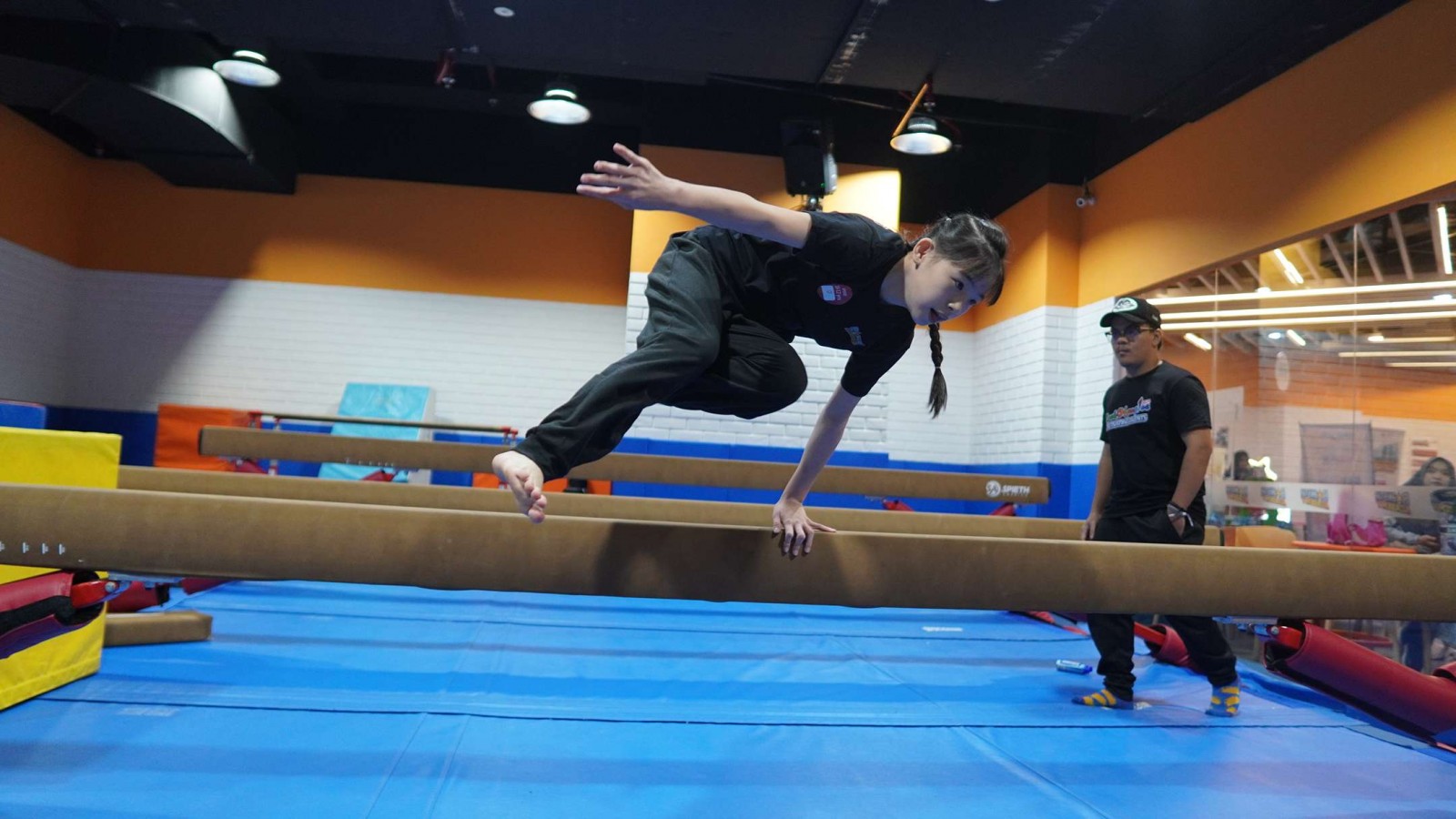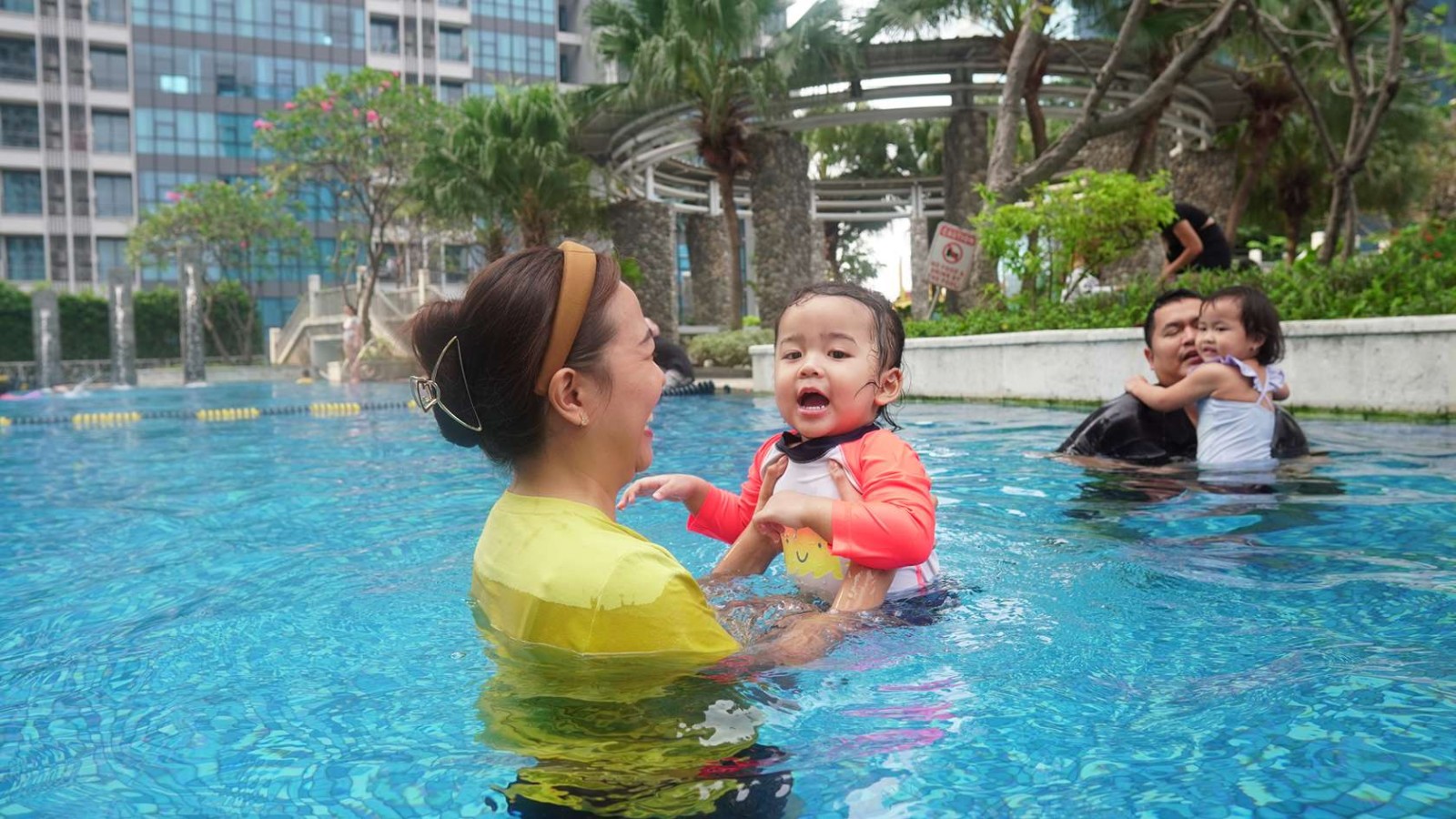Why Is Early Childhood Education Important? Here Are The Reasons

Early childhood education (ECE) lays the foundation for a child's lifelong learning journey. It is during these formative years that a child's brain undergoes rapid development, making it a critical period for learning and growth. The question echoing through the educational landscape is a resounding “Why is early childhood education important?”
In this article, we will explore the key reasons why early childhood education is important for a child's overall development. Let's explore the compelling reasons that underscore the critical importance of early childhood education.
Benefits of Early Childhood Education
Early childhood education provides a multitude of benefits that significantly contribute to a child's overall development and future success. Here are some key advantages of investing in early childhood education:
1. Helping Brain Development in Young Children
Early childhood is a critical period for brain development. ECE provides a stimulating environment that supports cognitive growth, laying the foundation for future learning and academic success. Activities designed for young minds help enhance cognitive functions, including memory, problem-solving, and language skills.
2. Making Friends
Socialization is a crucial aspect of early childhood development. ECE settings provide opportunities for children to interact with peers, fostering the development of social skills such as sharing, cooperation, and communication.
Making friends at an early age contributes to a child's emotional well-being and lays the groundwork for healthy relationships in the future.
3. Developing Independence
Early childhood education encourages independence by allowing children to make choices and decisions within a safe and structured environment. This fosters a sense of self-confidence and autonomy, empowering them to tackle challenges as they grow. Learning to do things independently at a young age builds a strong foundation for future self-reliance.
4. Learning New Routines
Establishing routines is fundamental for young children. ECE programs provide a structured daily schedule that includes various activities, helping children develop a sense of predictability and stability. Learning routines early on contributes to the development of time-management skills and a sense of order.
5. Supporting Transition to School
Early childhood education acts as a bridge between home and formal schooling. Children who attend quality ECE programs are better prepared for the transition to primary school. They have acquired essential social, emotional, and cognitive skills, giving them a head start in the academic journey.
What Outcomes ECE Has On a Child's Future?
Early Childhood Education (ECE) has profound and lasting effects on a child's future across various domains. The outcomes of quality early education extend well beyond the preschool years and significantly influence a child's development and success in the long term. Here are key outcomes of ECE on a child's future:
A. Academic Success
Exposure to early educational experiences enhances cognitive skills, language development, and school readiness. Children who participate in quality ECE programs tend to perform better academically in later years, laying a solid foundation for lifelong learning.
B. Social and Emotional Well-being
ECE fosters the development of crucial social and emotional skills. Children learn to interact with peers, manage emotions, and navigate social situations. These skills contribute to positive mental health and resilience, forming the basis for healthy relationships and emotional well-being throughout life.
C. Behavioral Development
Quality ECE environments emphasize positive behavior and social norms. Children learn to follow routines, cooperate with others, and develop a sense of responsibility. These behavioral foundations contribute to positive conduct in school and social settings.
D. Enhanced Problem-Solving Skills
Early childhood education encourages critical thinking and problem-solving. Exposure to diverse learning experiences and activities helps children develop the skills necessary to tackle challenges and adapt to new situations throughout their lives.
What Signs to See If Your Child is In a Good ECE Preschool or Kindergarten?
Recognizing whether your child is in a good Early Childhood Education (ECE) preschool or kindergarten involves observing various signs that indicate a positive and nurturing learning environment. Here are key indicators to look for:
1. Caring and Qualified Teachers
Qualified and caring teachers are crucial for a good ECE program. Look for educators who understand child development, create a warm and safe atmosphere, and actively engage with the children. Teachers who provide individualized attention and foster positive relationships contribute to a positive learning experience.
2. Age-Appropriate Learning Activities
A good ECE program should offer a variety of age-appropriate learning activities. These activities should stimulate cognitive, social, and physical development while catering to individual needs and interests. Look for a balance between structured and unstructured playtime.
3. Safe and Clean Environment
The physical environment of the preschool or kindergarten should be clean, well-maintained, and safe. Proper safety measures, age-appropriate equipment, and a well-organized space contribute to a conducive learning environment.
4. Effective Communication with Parents
A good ECE program promotes open and effective communication with parents. Regular updates, parent-teacher conferences, and clear communication channels ensure that parents are informed about their child's progress, activities, and any concerns that may arise.
5. Inclusive and Diverse Curriculum
Look for a curriculum that is inclusive and diverse, addressing various aspects of a child's development. A well-rounded program includes activities that focus on cognitive skills, social-emotional development, creative expression, and physical well-being.
Act Now and Invest in Your Child's Future Through ECE!
The foundation laid during the formative years of a child's life plays a pivotal role in shaping their future success and well-being. The myriad reasons why early childhood education is important extend beyond mere academic preparation, encompassing crucial aspects such as cognitive growth, socialization skills, and emotional resilience.
Ready to unlock your child's potential and set them on the path to success? Our early childhood education program is designed to ignite curiosity, stimulate cognitive growth, and build a foundation for future success.
Exclusive to RockStar Academy, your child can engage in preschool and kindergarten programs alongside a diverse array of physical activities, events, and competitions tailored to different ages, skill levels, and interests.
On top of that, Rockstar Academy's free trial is a golden opportunity to experience firsthand the dynamic world of our Sports & Performing Arts Academy. These enriching experiences provide essential avenues for academic, social, and emotional growth, nurturing the journey of your children.
At Rockstar Academy, we believe in nurturing young minds in a way that lays the foundation for a lifetime of achievement. Don't miss out on this chance to give your child a head start on their educational journey!
FAQ
Why is early childhood education important?
Early childhood education sets the foundation for lifelong learning, social development, and academic success. It provides children with essential skills, knowledge, and experiences crucial for their growth and development.
What are the benefits of early childhood education?
Early childhood education offers numerous benefits, including improved cognitive development, enhanced social skills, better school readiness, increased likelihood of academic achievement, and reduced risk of future behavioral problems.
How does early childhood education contribute to a child's overall development?
Early childhood education nurtures various aspects of a child's development, including cognitive, social, emotional, and physical growth. It helps children build critical thinking skills, develop positive relationships, regulate emotions, and improve motor skills.



